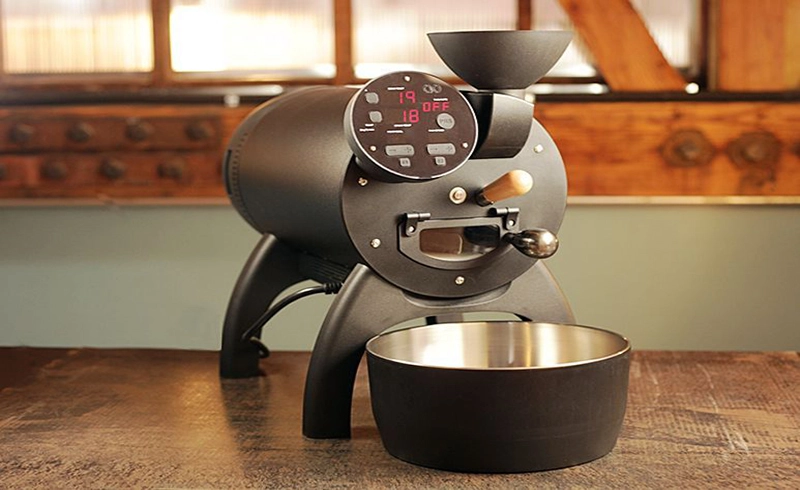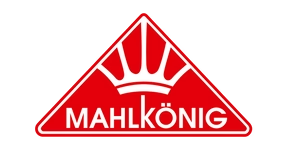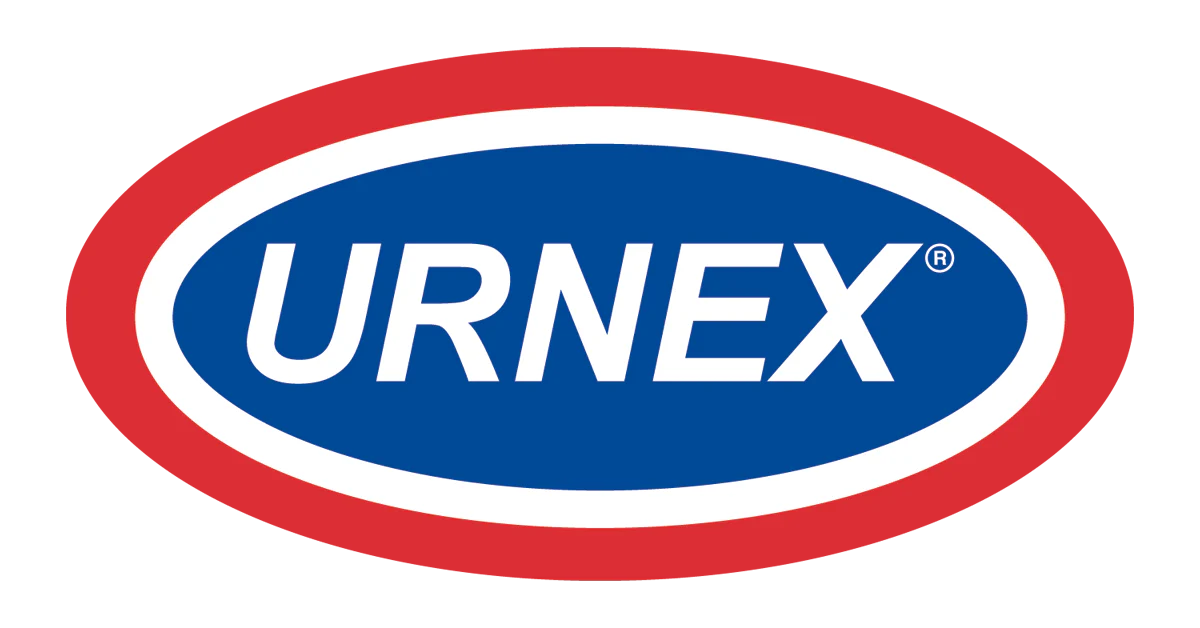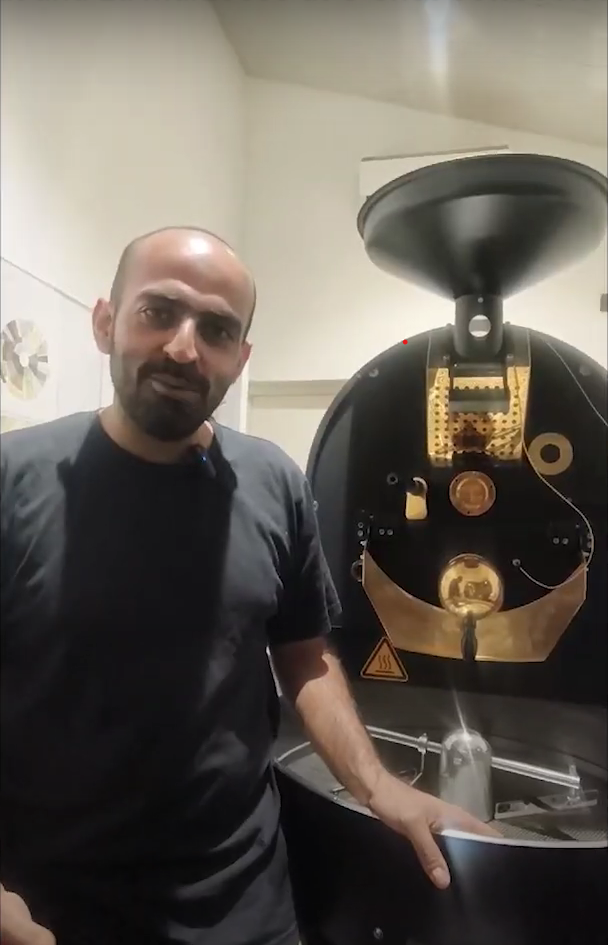Blogs

Coffee Bean Roaster: The Ultimate Guide for Businesses
Why the Coffee Bean Roaster Matters in Coffee Quality
A coffee bean roaster is at the heart of transforming raw green beans into aromatic and flavorful coffee. The roasting process brings out the oils, aromas, and chemical changes that define each unique flavor profile. From light to dark, every roast level creates a distinct taste—from fruity and floral to bold and chocolaty. For cafés, restaurants, and roasteries, understanding how a coffee roaster impacts quality is essential to offering customers a premium brew. A commercial coffee roaster ensures consistency, freshness, and aroma that customers expect in a competitive market.
Advantages of Using a Coffee Bean Roaster
Experimenting with Roast Levels and Flavors
Coffee roaster equipment allows businesses to customize flavors and develop unique blends. Light roasts can highlight fruity notes, while darker roasts reveal deep chocolate undertones. With a mini coffee roaster or larger industrial coffee roaster, you can test small batches or scale for high-volume output. Customization ensures a coffee menu stands out while meeting diverse customer preferences.
Cost Efficiency and Long-Term Savings
Investing in a coffee bean roaster can significantly reduce costs compared to purchasing pre-roasted beans. Green beans are more affordable and last longer, making them a smart investment. By controlling the roasting process, businesses avoid markups and gain flexibility. Whether using the best coffee roaster for specialty cafés or an industrial coffee roaster for large operations, the savings improve margins and profitability.
Factors to Consider Before Investing in a Coffee Bean Roaster
Choosing the right roaster requires evaluating capacity, features, and coffee roaster price. A small café may benefit from a mini coffee roaster, while high-volume environments often need a commercial coffee roaster with advanced controls. Look for roaster durability, consistency, and ease of maintenance. By comparing options, businesses can balance cost, quality, and production requirements to get the best coffee roaster for their needs.
Different Types of Coffee Bean Roasters
Drum Roasters and Their Benefits
Drum roasters use a rotating drum heated by flame or air to roast beans evenly. This method produces deep, complex flavor profiles and works best for larger batches. They are a trusted choice for commercial coffee roaster setups, delivering reliable results at scale.
Small Batch Roasters for Specialty Needs
Small batch machines roast 1–5 kg per cycle, perfect for cafés experimenting with unique origins and blends. These machines give flexibility and control while keeping coffee roaster equipment accessible to new roasters. A mini coffee roaster is especially useful for businesses that want creativity without committing to industrial-scale machinery.
Fluid Bed Roasters for Efficiency
Fluid bed roasters roast beans by suspending them in hot air, ensuring even heat distribution. Known for faster cycles, this type of coffee bean roaster is ideal for businesses focused on productivity and consistency. They are also energy-efficient and easy to maintain, making them a practical commercial coffee roaster option.
Preparing for the Coffee Roasting Process
Choosing the Right Green Beans
The choice of green beans determines the final coffee profile. Arabica delivers floral and fruity notes, while Robusta provides stronger, earthy flavors with higher caffeine. Specialty cafés often blend different origins for complexity. To maximize results, pair high-quality beans with the best coffee roaster suited for your production needs.
Essential Roasting Tools and Equipment
Along with a coffee bean roaster, accurate thermometers, digital scales, cooling trays, and airtight storage containers are essential. Proper coffee roaster equipment ensures precision, consistency, and efficiency throughout the roasting process.
Step-by-Step Coffee Roasting Process
Preheating the Roaster for Accuracy
Preheating a coffee bean roaster ensures even heat distribution. Most commercial coffee roaster equipment requires temperatures of 175°C–200°C before beans are added. Skipping preheating risks uneven roasts and underdeveloped flavors.
Adding and Monitoring Coffee Beans
Follow your coffee roaster’s capacity guidelines—mini coffee roasters handle smaller loads, while industrial coffee roasters manage larger volumes. Monitoring the roast is critical. The first crack signals a light-medium roast, while the second crack moves into darker profiles. Timing these stages helps achieve consistent flavor results.
Cooling the Beans Effectively
After roasting, beans must cool quickly to stop further cooking. Cooling trays or colanders with airflow are effective for rapid cooling. Proper cooling preserves flavor compounds and ensures a uniform roast, whether you’re using a small coffee roaster or an industrial coffee roaster.
Post-Roasting Practices for Quality Retention
Storing Roasted Beans Correctly
Store roasted beans in airtight, opaque containers to maintain freshness. Avoid heat, moisture, and direct light. For businesses, storage practices impact not just quality but also inventory management. Even when using the best coffee roaster, improper storage can ruin flavor.
Cleaning and Maintaining the Roaster
A clean coffee bean roaster delivers consistent results. Remove chaff daily and conduct deep cleaning regularly. Following manufacturer guidelines extends machine life and ensures that whether it’s a mini coffee roaster or commercial coffee roaster, performance remains optimal.
Common Roasting Challenges and How to Solve Them
Addressing Uneven Roasting Issues
Uneven roasting may come from inconsistent bean sizes or unstable temperatures. Sorting beans and maintaining your coffee roaster equipment helps resolve this issue.
Preventing Beans from Burning
Burning beans usually results from high temperatures or extended roasting times. Monitoring cracks, controlling heat, and cleaning your roaster regularly prevents bitterness.
Elevating Your Coffee Business with the Right Roaster
A coffee bean roaster is more than just a machine—it’s a tool that drives quality, consistency, and profitability. From experimenting with blends to saving on costs, the right roaster transforms how businesses deliver coffee. Whether you invest in a mini coffee roaster for small cafés or an industrial coffee roaster for large-scale roasting, success depends on pairing high-quality green beans with reliable coffee roaster equipment. Evaluating coffee roaster price, capacity, and features ensures you choose the best coffee roaster for your business needs.
At Kaapi Machines, businesses find tailored solutions with professional coffee roaster equipment, espresso machines, grinders, and brewing systems. From small cafés to large roasteries, the right equipment creates lasting value. Explore options today and bring exceptional coffee experiences to your customers.











































